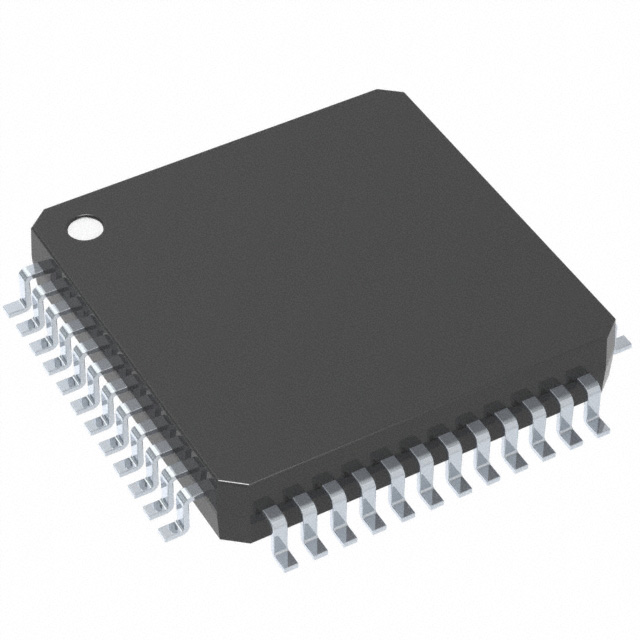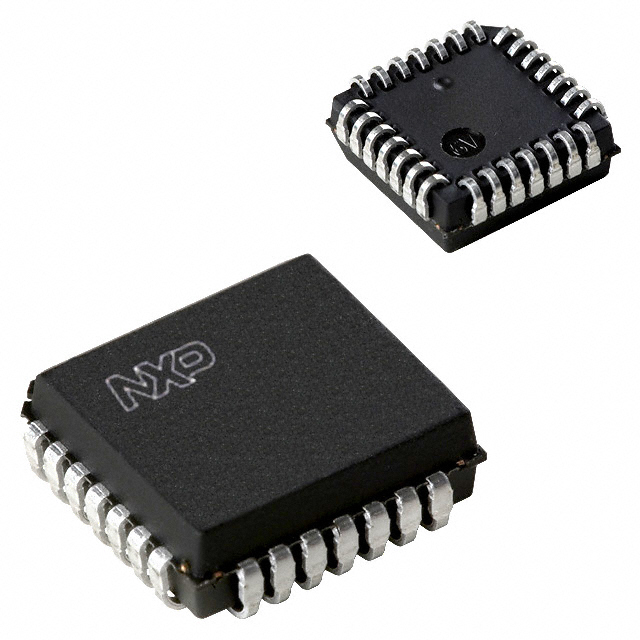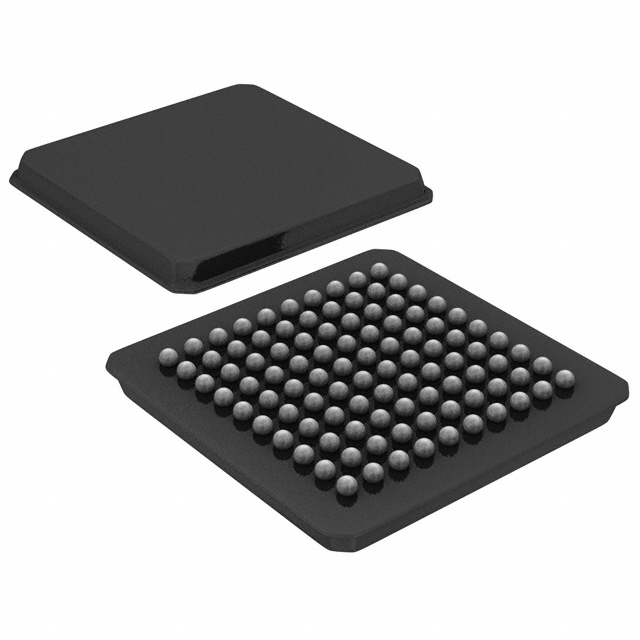TMS320F2801GGMA
Manufacturer No:
TMS320F2801GGMA
Manufacturer:
Description:
IC MCU 32BIT 32KB FLASH 100BGA
Datasheet:
Delivery:





Payment:




In Stock : 0
Please send RFQ , we will respond immediately.









TMS320F2801GGMA Specifications
-
TypeParameter
-
Supplier Device Package100-BGA MICROSTAR (10x10)
-
Package / Case100-LFBGA
-
Mounting TypeSurface Mount
-
Operating Temperature-40°C ~ 85°C (TA)
-
Oscillator TypeInternal
-
Data ConvertersA/D 16x12b
-
Voltage - Supply (Vcc/Vdd)1.71V ~ 1.89V
-
RAM Size6K x 16
-
EEPROM Size-
-
Program Memory TypeFLASH
-
Program Memory Size32KB (16K x 16)
-
Number of I/O35
-
PeripheralsPOR, PWM, WDT
-
ConnectivityCANbus, I²C, SCI, SPI, UART/USART
-
Speed100MHz
-
Core Size32-Bit Single-Core
-
Core ProcessorC28x
-
DigiKey ProgrammableNot Verified
-
PackagingTube
-
Product StatusObsolete
-
SeriesC2000™ C28x Fixed-Point
The TMS320F2801GGMA is a specific model of the TMS320F2801 series of integrated circuit chips developed by Texas Instruments. These chips are part of the C2000 family of microcontrollers and are specifically designed for real-time control applications. Here are some advantages and application scenarios of the TMS320F2801GGMA chips:Advantages: 1. High-performance processing: The TMS320F2801GGMA chips are based on a 32-bit C28x CPU core, which offers high computational power and efficient execution of control algorithms. 2. Real-time control capabilities: These chips are optimized for real-time control applications, making them suitable for applications that require precise timing and fast response. 3. Integrated peripherals: The TMS320F2801GGMA chips come with various integrated peripherals such as PWM modules, ADCs, and communication interfaces, which simplify the design process and reduce the need for external components. 4. Low power consumption: These chips are designed to operate efficiently with low power consumption, making them suitable for battery-powered or energy-efficient applications. 5. Development tools and support: Texas Instruments provides a comprehensive set of development tools, software libraries, and technical support for the TMS320F2801GGMA chips, making it easier for developers to design and debug their applications.Application scenarios: 1. Motor control: The TMS320F2801GGMA chips are commonly used in motor control applications such as industrial drives, robotics, and automotive systems. The high-performance processing and integrated peripherals make them suitable for controlling various types of motors. 2. Power electronics: These chips can be used in power electronics applications such as inverters, converters, and power supplies. The real-time control capabilities and integrated peripherals enable precise control of power conversion processes. 3. Renewable energy systems: The TMS320F2801GGMA chips can be utilized in renewable energy systems like solar inverters and wind turbine control. The high computational power and low power consumption make them suitable for efficient energy conversion and management. 4. Industrial automation: These chips can be employed in various industrial automation applications, including PLCs (Programmable Logic Controllers), process control systems, and factory automation. The real-time control capabilities and integrated peripherals enable precise control and monitoring of industrial processes. 5. Automotive applications: The TMS320F2801GGMA chips can be used in automotive applications such as engine control units (ECUs), electric power steering, and advanced driver-assistance systems (ADAS). The high-performance processing and real-time control capabilities make them suitable for automotive control systems.Overall, the TMS320F2801GGMA chips offer high-performance processing, real-time control capabilities, and integrated peripherals, making them suitable for a wide range of applications in industries such as motor control, power electronics, renewable energy, industrial automation, and automotive systems.
TMS320F2801GGMA Relevant information
-

LM3S8538-IQC50-A2
Texas Instruments -

LM3S1937-IQC50-A2
Texas Instruments -

LM3S1637-IQC50-A2
Texas Instruments -

LM3S1635-IQC50-A2
Texas Instruments -

LM3S1332-IQC50-A2
Texas Instruments -

LM3S1165-IQC50-A2
Texas Instruments -

LM3S1162-IQC50-A2
Texas Instruments -

LM3S1133-IQC50-A2
Texas Instruments -

LM3S308-IQN25
Texas Instruments -

P89LPC936FA,529
NXP USA Inc.







